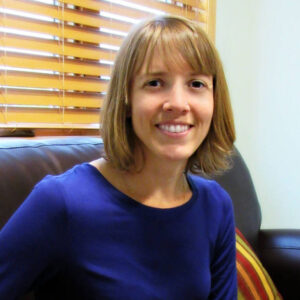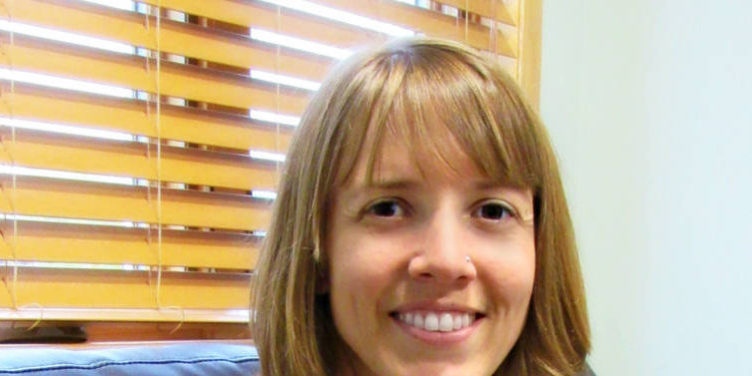
In recent weeks, our community has suffered many drug overdose deaths. This loss of lives has affected many people, who may be searching for answers. As a physician in our community, I wanted to share some impressions about this situation.
Why is this happening? We aren’t exactly sure. One theory is fentanyl. Fentanyl is a very highly potent opiate medication. It is administered in the hospital setting where a person is closely monitored. Because it is so potent, it takes only a small amount to cause an overdose. People who use opiates develop tolerance to them, but if someone gets a very high dose all of a sudden, this can lead to overdose and death. Fentanyl is becoming more and more prevalent in other parts of the country, essentially replacing heroin. I suspect this is catching up to us now. People who purchase “street” drugs may ask for one thing, and instead unknowingly get fentanyl. Fentanyl is one of the most common drugs involved in overdose deaths in the United States. According to NIDA, in 2017, 59 percent of opioid-related deaths involved fentanyl compared to 14.3 percent in 2010.
What can be done for an overdose? One of the main causes of opiate overdose death is that opiates slow down and stop breathing. There is a medicine called naloxone, or the brand name Narcan, that can be given in an emergency and reverses opiate overdose and save a life. This comes in the form of a nasal spray as well as an injection. EMTs carry this medication and many doctors will prescribe it to patients who are also prescribed an opiate medication. It can also be purchased at local pharmacies without a prescription. Wisconsin DHS offers a list of pharmacies carrying it here: https://www.dhs.wisconsin.gov/opioids/naloxone-pharmacies.htm. When I prescribe Narcan for a patient, I review how to use it, and encourage that person to show friends and family as well. There are useful videos online.
How can I help someone with an addiction? This can be challenging. It takes a lot of motivation and hard work to become sober. Many people with addiction have experienced significant traumas in their lives. We can encourage people to get help. NorthLakes, where I work, has a Recovery Program for people with addiction. Several other local behavioral health programs and medical providers also work with people with addiction. There are meetings through organizations like AA and NA in our area. PIRC, the Partners In Recovery Center, hosts several of these meetings and other sober events. We can also encourage people to never use alone. If someone else is present, they give Narcan, call for help and save a life.
What can my community do? This is a question I’ve been asking myself a lot. We need to work on changing the culture around addiction. In the United States, addiction is often seen as a crime, instead of as the medical condition that it is. I try to remember to blame the addiction, not the person. People with addictions are often stigmatized, even in the healthcare setting, which poses significant barriers to getting care. People can heal and all of us can help.
Jenna Ingersoll, MD is a Recovery Physician at NorthLakes Community Clinic.






